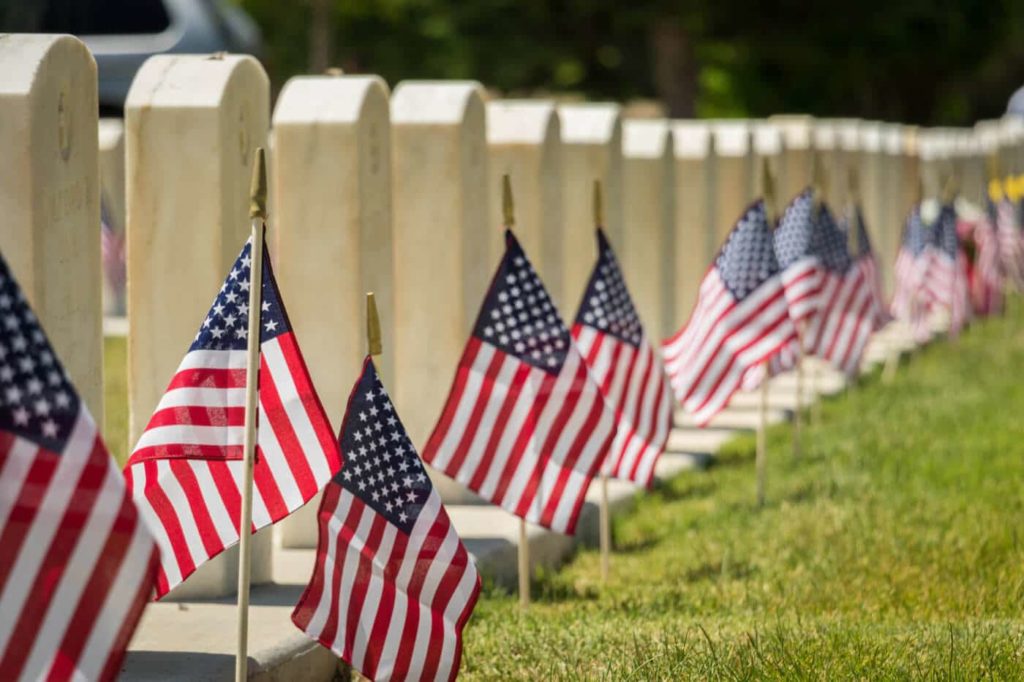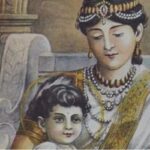The Role of Faith in Memorial Day
Today, as we pay our respects to those who have given all to their nation, let us ponder how our faith can amplify the meaning of this day. Have you wondered why few national holidays carry the solemnity of Memorial Day? Or why it is as widely celebrated by religious and civil institutions throughout the country? What do you think makes Memorial Day different from other national holidays? What drives such a vast array of religions and denominations to celebrate this particular day? We can find that answer in the holiday’s rich spiritual legacy. From its inception in the aftermath of the Civil War, Memorial Day has embodied core aspects of faith: sacrifice, love, and rebirth.
Memorial Day is deeply rooted within sacrifices made during the Civil War. The death of hundreds of thousands of Americans for the unity of their country and the freedom of its residents tie this holiday to the noblest principles of selflessness and patriotism. This sacrifice is reminiscent of religious martyrdom. Sacrifice carries potent spiritual symbolism, evoking Moses’ Exodus, the migration from Mecca and the figure of Christ. Throughout the States’ history of conflict since the Civil War, the image of the fallen soldier as a martyr has been solidified.
Maintaining the focus of this day of remembrance on the sacrifice of individuals has allowed Memorial Day to remain largely apolitical. While war is often divisive, our faith can make the commemoration a unifying civic event. Taking a spiritual approach to Memorial Day focuses on the selflessness soldiers demonstrate by sacrificing everything, even their lives, for their comrades and their country. Our focus on those individuals allows the commemorations to transcend debates over the rightfulness of particular wars and honor instead the suffering of those who served and died for them.
We find these themes of individual martyrdom and sacrifice reinforced in religious symbolism. During the Gettysburg address, Abraham Lincoln says that the world can never forget their deeds in Gettysburg, and emphasizes “a new birth of freedom.” This notion of rebirth connects the spiritual significance and civic duty of Memorial Day. The idea that Lincoln presents– that soldiers have through their sacrifice secured the rebirth of their country– has obvious religious connotations. This spiritual dimension brings together a wide range of faiths who believe in rebirth and in life after death and makes all the more pressing the civic duties of Memorial Day. It makes remembering and honoring fallen soldiers more important as they remain alive in our collective civic memory. Secondly, Memorial Day is not merely about delivering eulogies, but also about learning from examples of virtue. Lincoln spoke of the rebirth of a nation, and this rebirth is achieved when communities pledge themselves to live by the virtues embodied by those honored during Memorial Day.
Although Memorial Day largely focuses on honoring American soldiers, a spiritually mindful consideration of the origins suggests a much richer remembrance. Memorial Day was established to not only celebrate Union soldiers, but also Confederate soldiers, honoring all life lost. We find this tradition rooted in religious texts, as the Torah, Q’aran, and New Testament all urge individuals to love their enemies. The implications of applying this principle to Memorial Day today can be significant. Particularly, to grieving families, the act of remembering the enemy with respect can bring a degree of healing and closure- viewing the other no longer as an enemy but as another human being. Following the Civil War this would certainly be important, as the country struggled to once more become a united entity, but it also remains important today, as it makes Memorial Day a unifying civic event. It is Memorial Day’s ability to withhold judgment that creates room for a genuine reflection and mourning from us. The role of our faith in helping us fulfill these duties is as prominent now as ever, as it is through faith that we understand the sacrifice, love, and rebirth that their lives and deaths embody.
The civic duties of Memorial Day are both consequential and spiritually demanding. To honor those who gave their lives for our country we must protect the freedoms they sacrificed to give us, live by the principles they defended, and mourn their deaths while also celebrating their lives. The role of faith in helping us fulfill these duties is as prominent now as ever, as it is through faith that we understand the sacrifice, love, and rebirth that their lives and deaths embody.




